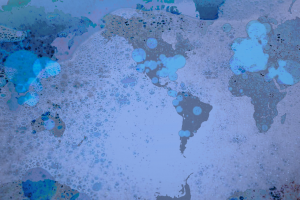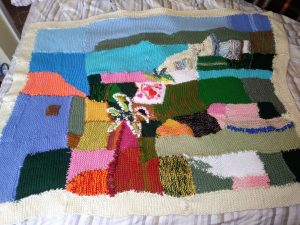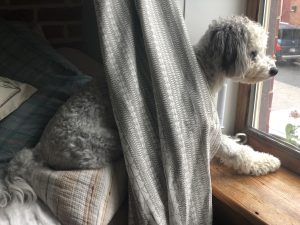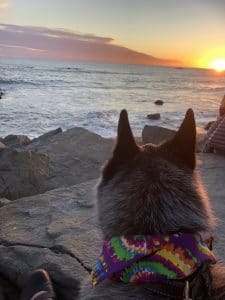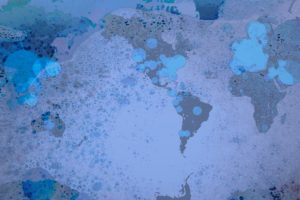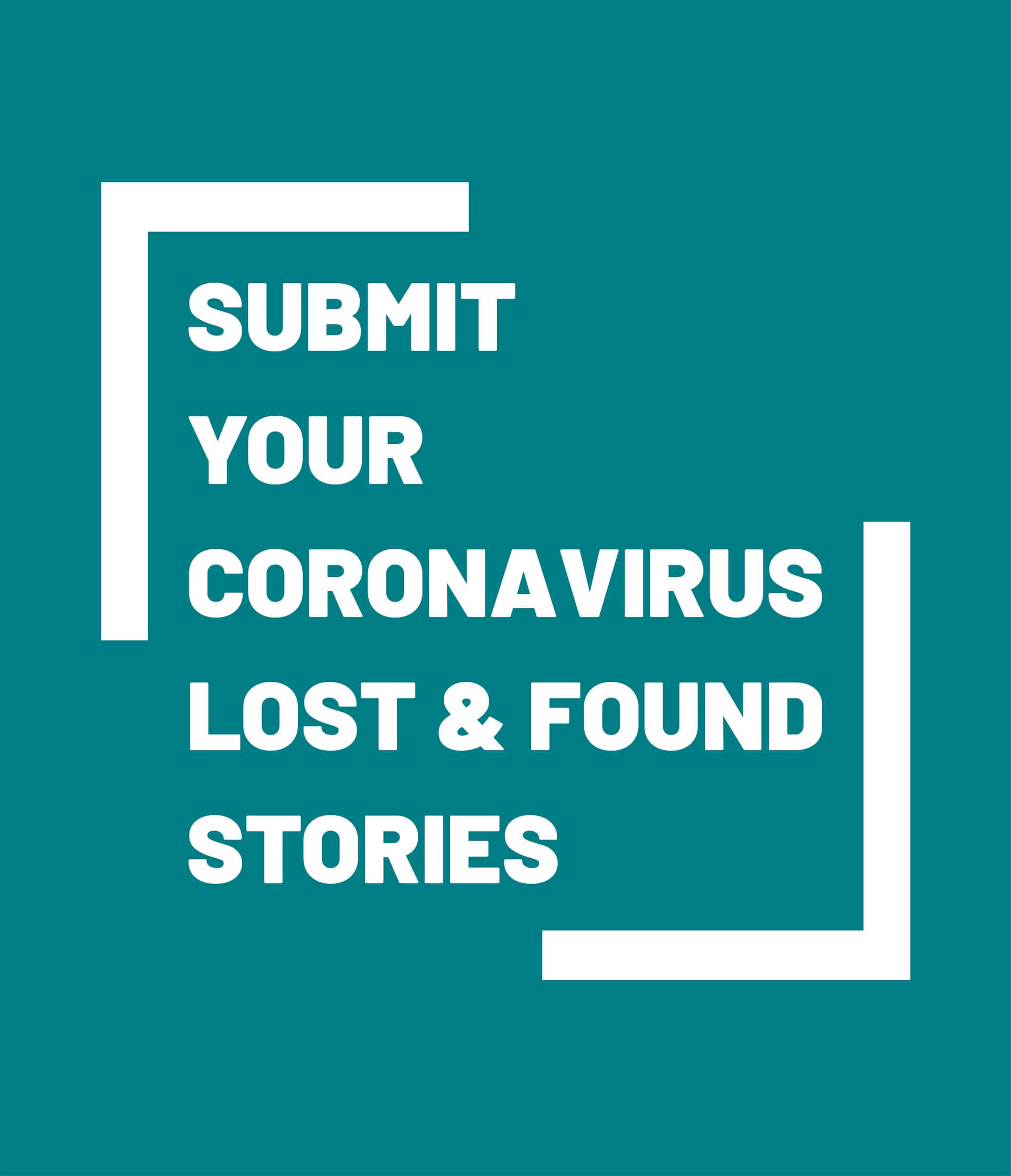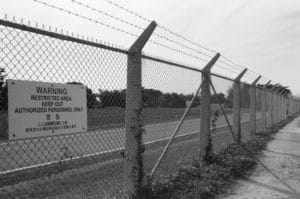
I had an amazing opportunity to continue my thesis research project, Finding Ryukyu after graduating with my Master’s in Fine Arts from University of Maryland, Baltimore County. I was awarded the “Dorothea Lange and Paul Taylor Prize” from Duke University’s Center for Documentary Studies with my thesis work. The decision for the award was unanimous. It was magical.
マブヤー Mabuya is the soul or essence of a being.
In the Ryukyu religion, it’s believed that the soul can be lost, by sickness, sudden scare, and by accidents. Children are especially susceptible to losing their souls. When souls are lost, the family prays with the guidance of a ユタ Yuta (shaman-like woman) calling the Mabuya back into the body.
“マブヤーマブヤーウイティクーヤ”
(Mabuya mabuya uiteiku-ya)
“Soul soul come here”
I headed to Okinawa, Japan for two months in December 2019 just as the COVID-19 news was slowly surfacing. I landed in Okinawa after 36 hours of travel. Jet lagged, I was tired. Very tired.
Sleep deprived with insomnia.
Backwards time.
Awake when dark and tired by day.
Smell of moist wood.
Sounds of the night.
Echoes of anxiety.
My hopes and expectations for the research trip started with exhaustion.
I tell myself, “I’ve just arrived, back to my birth island, I will adjust.”
Halfway around the world, I am a colonizer and the colonized. Okinawa holds the largest U.S. foreign military base. My G.I. Father met my indigenous island mother in the 80’s. Most soldiers are sent to Okinawa for combat training before being shipped to war. (Okinawa currently houses over 50,000 G.I. ‘s and their families on an island one third the size of Long Island, N.Y.)
I question myself, “was I this exhausted when I traveled in the past?”
I must be showing my age. Or I thought, I must be extra nervous with my research project. Okinawa is so close to my heart but so far away when I’m in Baltimore. It could be culture shock.
My youngest brother joined the Marines in our father’s footsteps. For the first time since our mixed race nuclear family was dragged to my father’s childhood home of Ohio from Okinawa, more than a decade later, my brother was ordered to be stationed on his birth island. Long forgotten by him, by the strings of our existence, he had to face a cultural identity misrepresented and misinterpreted by so many Americans. Even himself.
Our sibling relationship wasn’t peaceful. My research on Okinawa, full of criticism of the U.S. Military’s violent methods of colonization knotted our relationship. He was young when we moved to Ohio. Eight years between us, our communication was severed by the small town cultural climate. He assimilated to the English language, while I fought to keep my Okinawan identity. I loved my little brother. I wanted him to remember the other side. The identity lost in colonization.
This year, Okinawa was where I would get the chance to reconnect with my little brother. In his birth-land, dismissed by our parents, forgotten by our family, he was stationed six months prior to my arrival, timed perfectly for a joint visit to the past. Memories of our childhood caught between colonized and colonizing worlds.
So much hope wrapped up into my project, Finding Ryukyu.
War and Peace
Identity and Culture
Tradition and Assimilation
Gender and Power
Colonized and Colonizer
Politics and Government
Globalization and Capitalism
My hopes and dreams were just coming true.
Then my body ached.
Sleep deprivation echoed its weight.
I felt sick.
I decided to wear a mask. I must be getting a cold from the long travels. It is proper manners to wear a mask as soon as you feel ill in Japan, and many do it already to prevent allergies.
I see my little brother, not so little anymore. It’s been years since I visited with him. All our siblings spread out across the U.S. I missed my long lost connection with him. I remembered when he made the comment “bitches are meant for cleaning spilled beer,” right before joining the Marines.
It was pleasant, he was adjusting to Okinawa in a different way than I was. Surrounded by barbed wire fences, he has access to enter and cross borders. Unlike me, who is now, just a civilian. No special military access on a colonized island.
He was remembering his time as a young boy in Okinawa. His friends from 1st grade he lost touch with. His identity buried deep within him was surfacing by his revisit. This bonded us. He couldn’t remember names of places or even the local language. I was ready to share the information he was seeking. Information that bonded us to the island, to our parents, and to the circumstances of colonization.
Day three on the island, I realize my will was not going to be enough for my body to heal. That night, I broke out in a fever. It was nothing like I’ve ever experienced before when getting sick.
I couldn’t sleep more than half an hour at a time and the coughs ruptured out of me without control. Morning light brought some ease to the long tiring night.
During the day, I felt better, not good by all means, but somewhat functioning. My appetite was gone but I knew I had to eat, forcing local cuisine into my system.
Fever, cough, and sleepless rest repeated for three more nights.
I talked to my brother for Christmas 2019 plans and he wasn’t feeling well. He broke out in fever the day after I did.
At this point, COVID 19 news was only in China. Slowly as the weeks go by, my health drags on. Confused to my condition, worries set in. I lack the energy to conduct my research. Other than phone and internet communication, I stay mostly to myself not knowing the cause for such low energy.
My brother recovers in a week. Although the fever goes away, my symptoms morph into chest pain, breathing pain, then stomach pain.
Two weeks and some, my body feels horrible. Sleepless nights continued with evolving pain and symptoms. I log my symptoms and emotions. I finally decided I have to go to the emergency room. No insurance, I was charged twice the cost for being uninsured and sent home with probiotics and ibuprofen. Doctor had no idea what was happening to me.
I wanted so much to do my research, all the plans I had for site visits, archives and library, to explore traditional prayer sites, interview people of the island on and off base. I didn’t have the energy. I took walks, I wrote poems, I did what I could with the health I had. I felt guilty, I finally had the support to conduct my research on a topic layered with personal and political importance. Why did I have to feel so down?
I start to question if I’ve lost my マブヤー Mabuya, my soul and that I’m receiving 神ダーリKamida-ri known as ancestral notice, a notice from the gods.
What have I done or not done? What are my ancestors trying to tell me? Am I cursed for my actions? I pray how I’m back on my birth island for my ancestors to remember my heritage, understand my heritage, and pass on the Ryukyu identity caught in erasure of colonization, riding the wave of modernity.
It took another week of taking probiotics and eating as healthy as I could for my stomach pain to subside. Even after, I was exhausted everyday. Out of my two month trip, only a week and a half before I had to leave, did I feel like I was recovering.
Long story short: in my time in Okinawa, I found a healthy relationship with my brother. And the importance of my health in navigating my dual identity as honestly as a colonized and colonizer can.

